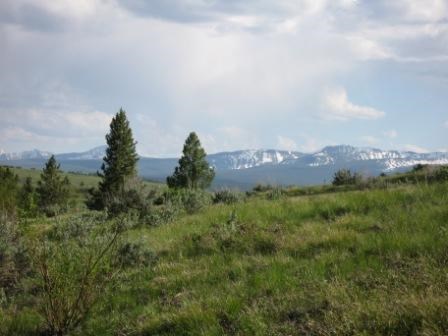
NPS photo Climate change is one of the greatest challenges facing the National Park Service in the Twenty-First Century. Scientists of the Upper Columbia Basin Inventory and Monitoring network are working with Nez Perce National Historical Park as well as other parks in the region to explore the health and vitality of flora, fauna, and ecosystems in the face of climate change. "Foresight, individual action, and collaboration worked to establish the National Park Service almost 100 years ago. Today, these values are more important than ever as national parks and other protected areas confront a changing climate that challenges the thoughtful stewardship of natural and cultural resources. To meet this challenge, the NPS has developed a National Park Service Climate Change Response Strategy. The strategy embraces responses that must be immediate and bold in some situations and methodical and cautious in others. Most importantly, all of our actions must be informed by the best available science. The strategy provides direction to NPS employees and partners for addressing and lessening the effects of climate change through four integrated components: science, adaptation, mitigation, and communication. Successful action will require increased understanding of scientific data, leading by example in park operations and facilities management, greater collaboration beyond park boundaries, and developing broader public awareness."
|
Last updated: January 26, 2020
